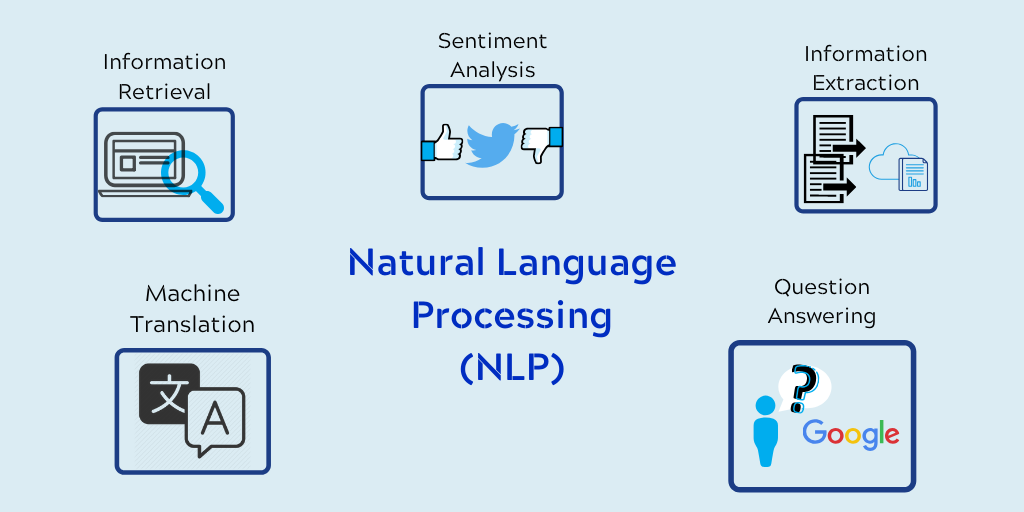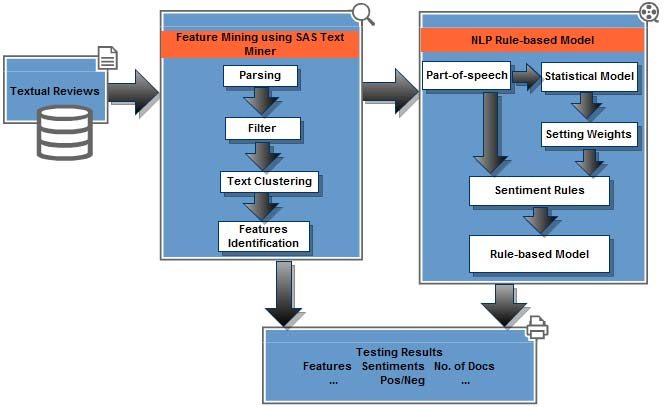Google is a search engine that uses semantics. It is attempting to make the search more natural and relevant by employing conversational language with the goal of providing the best user experience. This means that instead of just looking for keyword matches, it tries to analyse the search intent.
Google prioritises user experience by returning results that are most relevant to the user’s search intent. To accomplish this, Google employs Natural Language Processing (NLP) algorithms to comprehend your content and context. Start implementing NLP SEO techniques to boost traffic and conversions as soon as possible if you want to improve your page ranking. This post will serve as a guide to understanding NLP and using it for SEO.
Page Contents:
What is Google NLP?
NLP, or Natural Language Processing, aids in the understanding of the meaning of words, sentences, and texts in order to generate new data, text, and information. It is a branch of artificial intelligence that allows a machine to understand both written and spoken human language.
The query and the content in the index are evaluated by NLP. It aids in comprehending the communications between humans and computers. The queries can be typed directly into the search engine, spoken aloud using voice search, or submitted as a question to a virtual assistant.
NLP attempts to analyse the context of communications and natural patterns that occur using computing and artificial intelligence. Featured Snippet is an example of NLP. Featured snippet results have improved over time, becoming more relevant and clear.
How does NLP works?
Search engines tend to look at complete phrases, sentences, paragraphs altogether to understand the search intent of the user. NLP deploys multiple techniques to reduce the time it takes to process data by removing and simplifying elements of sentences. Some of them are:
Parsing: It implies splitting a sentence into its components to find the meaning.
Stemming: It shortens the analysis time by reducing the usage of processing power.
Lemmatisation: It reduces words into their most basic forms.
Named Entity Recognition: It is the process in which named entities are matched with predefined categories. It enables us in identifying the key information to understand what a text is about.
Stop Words Removal: It enables us to get rid of words that provide little or no semantic value. It commonly removes prepositions, conjunctions as well as words like is, to, my, I, etc.
Elements of NLP
Syntax analysis: Using black hat SEO tactics is more difficult than ever with syntax analysis in NLP. NLP can evaluate a page’s syntax to understand things like sentence content and the context of your phrasing and determine whether the content is well written, both in terms of topic analysis and grammar usage. Syntax analysis is an important tool for evaluating content in NLP, as it helps to identify any instances of keyword stuffing or other black hat SEO tactics.
Sentiment analysis: This segment is concerned with comprehending the content type of feeling, positive emotion, negative emotion, tone, voice, and so on. The goal of this analysis is to focus solely on adding value to the user experience.
Content categorization: Using content categorization, Google will be able to tell the difference between a piece of art and a piece of travel content. In addition, content categorization will enable Google to further tailor the experience by suggesting related products, content, or services that are related to the user’s interests.
Entity recognition: It is now more important than ever to include images that are relevant to the page’s content and context. NLP will recognise whether a picture supports or does not support the content. Furthermore, NLP can detect the entities within an image and distinguish between different types of entities, including people, places, objects and events.
Support for multiple languages: If your website is written in more than one language, you no longer have to worry about adding transcriptions. Natural Language Processing (NLP) technology allows a website to detect and recognize different languages without the need for manual transcription.
How to use Google NLP in SEO?
Always consider search intent when researching keywords: Google analyses the search query to determine the search intent behind the query so that it can generate relevant results. You can accomplish this by conducting SERP analysis.
Use simple sentences: Google does not understand the page content as effectively as humans do. As a result, to help Google understand your content, use simple sentences that are clear, concise, and easy to comprehend.
Include a clear structure: Google extracts information from structured and semi-structured data in web content. As a result, a clear and systematic structure, such as headings H1, H2, H3, subheadings, and so on, should be used.
Include question and answer content: Google algorithms show that if your content is presented in question and answer format, it has a better chance of being included in search results. To improve your chances of appearing in the SERPs, always include some form of question and answer segment in your page content.
Google API Demo: Google provides an NLP API Demo that allows you to search for any text and analyse where it can be improved for SEO purposes. It also compares your content to other pages that dominate SERPs, allowing you to make the necessary changes to improve its ranking.
Include internal and external hyperlinks: The structure of links and their placement are more important than ever. Links should not be placed abruptly and should fit into the context of the text.
There will be no black hat SEO: Avoid using black hat SEO techniques such as cloaking or keyword stuffing, as these are against search engine guidelines and will have a negative impact on your site’s SEO and performance. NLP understands sentence content and context through its syntax analysis capabilities, and will easily detect if there is a problem with the sentence structure or if it does not make sense.
Write with the user in mind. Since NLP and other voice search tools have grown in popularity, it is more important than ever to use natural language in your content and tailor it to the user rather than the search engines.
While traditional ranking factors still hold some importance, Google is prioritizing user intent and search relevancy more than ever. This shift to prioritize user intent and search relevancy has enabled Google to provide more accurate search results.
Semantic search algorithms influence search results, which you can use to optimise your content for SEO. The new NLP algorithms analyse a user’s query more closely, consider the context of the search and determine the user’s intent. This means that for SEO success, you need to focus on creating content that not only uses the right keywords, but also ensures that users find what they’re looking for.

